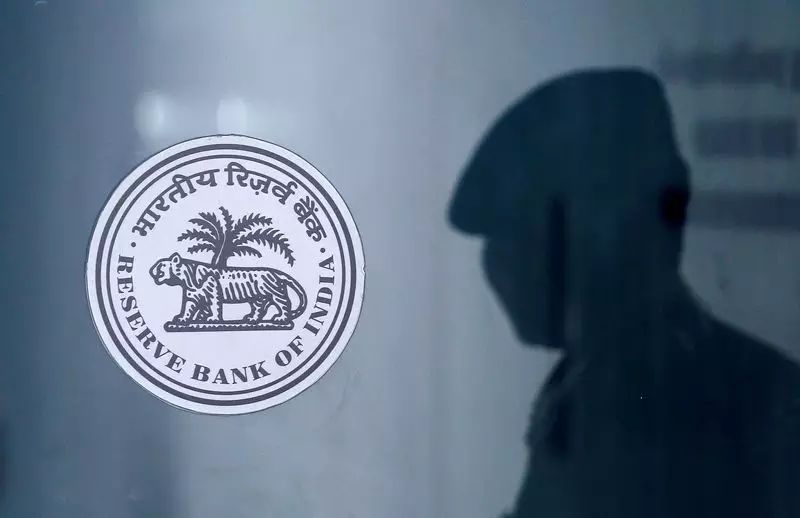India’s economy is currently facing challenges that require immediate attention. Two external members of the central bank’s rate panel, Ashima Goyal and Jayanth Varma, have expressed the urgent need for an interest rate cut in order to sustain high growth. Their concerns stem from the fact that food price shocks have not significantly contributed to broader inflationary pressures. At the last policy meeting, Goyal and Varma voted in favor of cutting the benchmark rate, while others opted to keep it unchanged at 6.5%.
Shashanka Bhide, another external MPC member, acknowledged the importance of considering the growth outlook in setting policy measures. Despite voting for a status quo, Bhide recognized that high real interest rates are not conducive to growth. He emphasized the indirect effects of high food inflation on wage rates, subsidies, and sectors relying on food products as raw materials. However, he still prefers to wait until inflation aligns with the target before advocating for a rate cut.
Varma highlighted the time lag associated with monetary policy actions, suggesting that any rate cuts would only impact growth in the following year. He expressed concerns about the sustainability of the robust growth seen in the past fiscal year and emphasized the need for immediate action to address future economic challenges. Goyal, on the other hand, noted that food price shocks have not had a lasting impact on inflation or inflation expectations. She argued that a rate cut would help bring inflation credibly towards the target without jeopardizing growth prospects.
Despite their differing views on the necessity of an interest rate cut, all three external MPC members agree on the need for a tight policy stance. They echo the guidance provided by Governor Shaktikanta Das, who believes that resilient growth provides an opportunity for monetary policy to focus on bringing inflation back to the targeted 4%. The current economic scenario in India requires a delicate balance between promoting growth and controlling inflation, making policy decisions even more crucial.
The debate surrounding interest rate cuts in India reflects the complexity of balancing economic growth and inflation control. While some members advocate for immediate action to stimulate growth through rate cuts, others emphasize the importance of aligning inflation with the target before making any changes. The nuanced approach required to address these challenges underscores the need for thoughtful and strategic policymaking in an ever-evolving economic landscape. As the Reserve Bank of India continues to navigate these complexities, the coming months will be crucial in determining the country’s economic trajectory.

